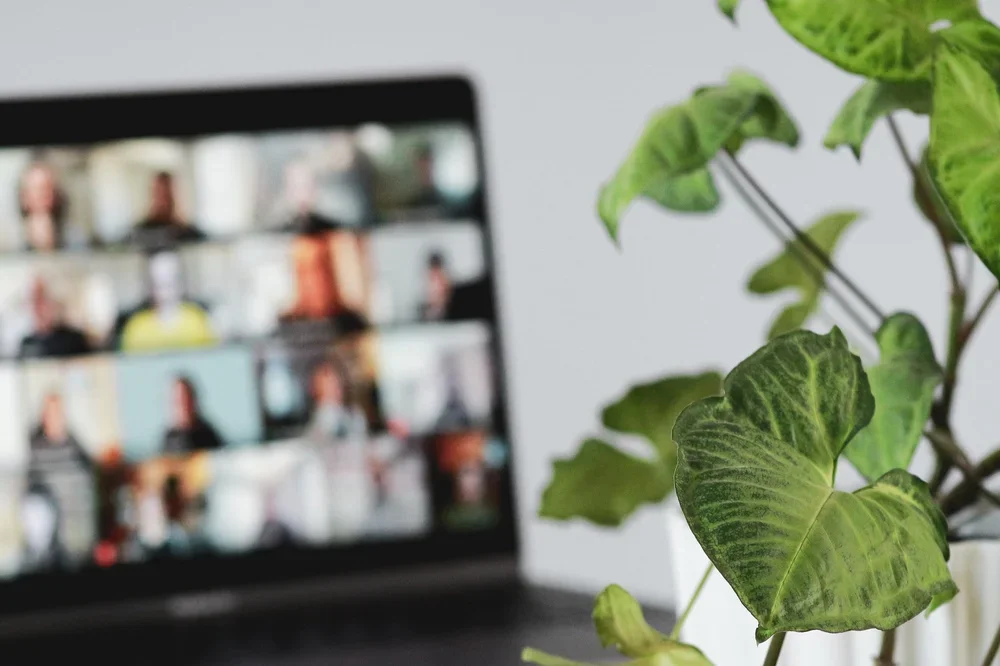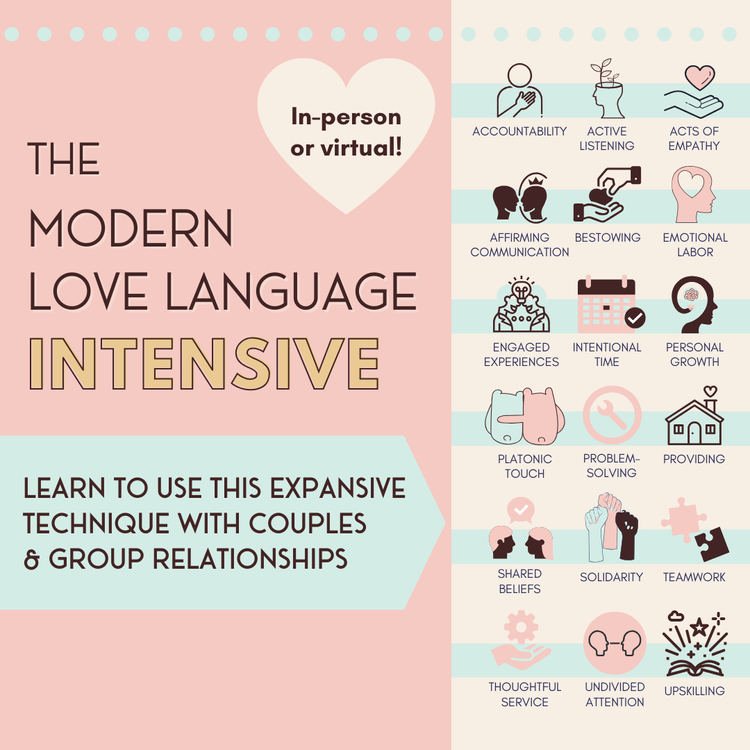
EDSE Spring 2026 Sex Educator Certification
Feb. 28-March 1
March 13-15
March 27-29
April 10-12
April 25-26
10 a.m.-4 p.m. PT
Online!
EDSE’s Sex Educator Certification is a comprehensive professional development training that provides an expansive understanding of human sexuality using an intersectional lens that is informed by social, disability, and racial justice frameworks. It takes place 100% live online and can be attended from anywhere with an internet connection.







